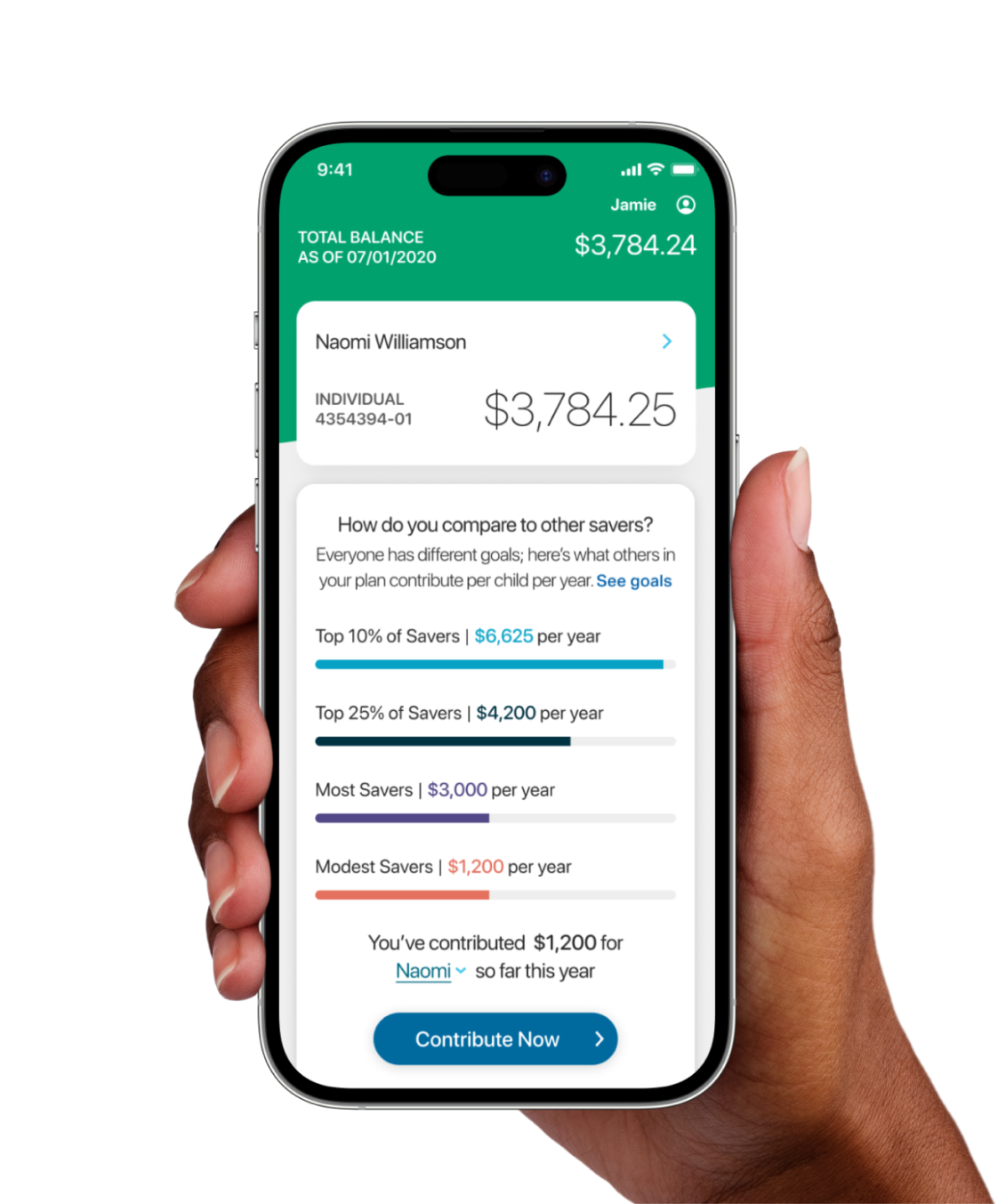For more information about the Future Path 529 Plan, download the Plan Description and Participation Agreement or request one by calling 1-800-587-7305. Investment objectives, risks, charges, expenses, and other important information are included in the Plan Description; read and consider it carefully before investing.
Please Note: Before you invest, consider whether your state or the beneficiary’s home state offers any state tax or other state benefits such as financial aid, scholarship funds, and protection from creditors that are only available for investments in that state’s qualified tuition program. You should also consult your financial, tax, or other advisor to learn more about how state-based benefits (or any limitations) would apply to your specific circumstances. You also may wish to contact directly your home state’s 529 college savings plan(s), or any other 529 plan, to learn more about those plans’ features, benefits, and limitations. Keep in mind that state-based benefits should be one of many appropriately weighted factors to be considered when making an investment decision.
The Future Path 529 Plan (the “Plan”) is administered by the Board of Trustees of the College Savings Plans of Nevada (the “Board”). Ascensus College Savings Recordkeeping Services, LLC (“Ascensus”) serves as the Program Manager. Ascensus has overall responsibility for the day-to-day operations, including provision of certain marketing services. J.P. Morgan Investment Management Inc. (“JPMIM”) serves as the Investment Manager of the Plan and JPMorgan Distribution Services, Inc. (“JPMDS”) markets and distributes the Plan. JPMorgan Distribution Services, Inc. is a member of FINRA. The Plan’s Portfolios invest in exchange traded funds, mutual funds and a separately managed account offered or managed by JPMIM; Units of the Portfolios are municipal securities and the value of units will vary with market conditions.
No guarantee: None of the State of Nevada, its agencies, the Federal Deposit Insurance Corporation, J.P. Morgan Investment Management Inc., Ascensus College Savings Recordkeeping Services, LLC, JPMorgan Distribution Services, Inc., nor any of their applicable affiliates insures accounts or guarantees the principal deposited therein or any investment returns on any account or investment portfolio.
Investing involves risk, including the risk of loss of principal. Investment returns will vary depending upon the performance of the Portfolios you choose. You could lose all or a portion of your money by investing in the Plan, depending on market conditions. Account Owners assume all investment risks as well as responsibility for any federal and state tax consequences. None of the Board, Ascensus, JPMIM or JPMDS and their respective affiliates provide legal or tax advice. This information is provided for general educational purposes only. This is not to be considered legal or tax advice. Investors should consult with their legal or tax advisors for personalized assistance, including information regarding any specific state law requirements.
© 2023 JPMorgan Chase & Co. All Rights Reserved.
©2023 Nevada Future Path 529 Plan. All Rights Reserved.





